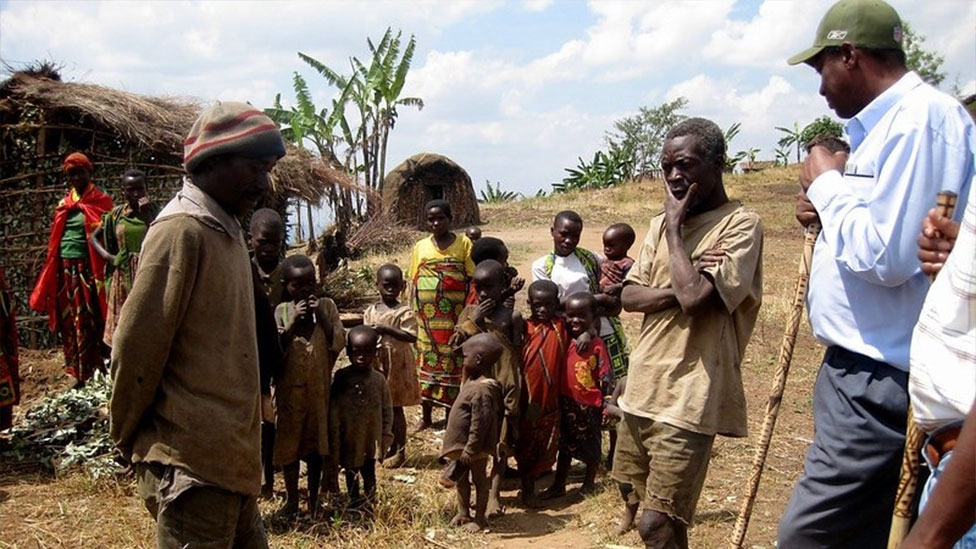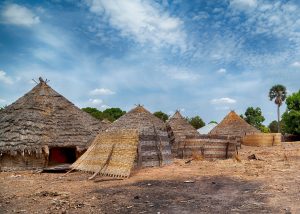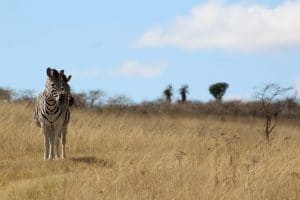From the Well of the Law: Drawing Innovative Solutions to Combat Illegal Wildlife Trade
by NAILA BHATRI AND MARIBEL RODRIGUEZ
Mother Nature is exhausted and depleted. Are we legal professionals doing our best to contribute to its protection and recovery? We believe that it is not too late to harness the full power of environmental laws to provide solutions that can help solve conservation problems to the benefit of nature and the people who depend on it.
Last April, in Kinshasa, DRC’s National Assembly approved a law that grants indigenous pygmy peoples rights. At the same time, very far away, in Padang Sidempuan, a rural community deep in North Sumatra, a district court received its first liability case attempting to grant remediation and compensation to harm caused by illegal wildlife trade (IWT).
As far apart as these cases seem to be, they both represent sides of the same prism: possibilities to use different legal pathways to combat IWT.
Law is an immense pool of possibilities yet to be fully tapped. However, legal solutions have mainly approached IWT from one angle: using criminal law to deter offenders of wildlife trade, especially in the context of organised crime.
But not all IWT derives from this type of crime. Every species has its own geographical, political, social, and economic context. To ensure more efficient use of law, we need a holistic approach that makes use of the many legal routes to conservation, preventing IWT, remediating ecological and social damage, and compensating for biodiversity loss.
Law can and must be used holistically to deal with all conservation issues:
- As a preventive tool. Tapping into the potential of private law, like South Africa which recognizes land owners as the custodians of biodiversity on their own land and create incentives for owners to protect it through Biodiversity Stewardship Agreements. Or like the Democratic Republic of Congo and Benin, both countries that acknowledge the rights of Indigenous People over the land they inhabit, granting them rights to manage and protect the forest’s flora and fauna resources.
- As a deterrent tool. Using criminal law effectively, working on better enforcement and looking beyond conservation crimes such as money laundering and corruption. Using criminal law alone falls short of applying the full suite of tools that law has to offer. Even the most perfect deterrent penalty is insufficient because once species are at the brink of extinction, no imprisonment penalty will bring the species back. As a co-existence tool, religious law may prove to be effective in certain communities, like in the Indonesian Council of Ulama, where, in 2014 a Fatwa declared IWT haram (Haram is an act that is considered forbidden per Islamic law).
- As a restoration and compensation tool. Besides protecting earth we need it to heal, bring it back to balance. Law may help in doing this using liability: not only to hold offenders accountable for the harm they have caused by requiring compensation but also to attempt to give back to nature what was taken from it by restoring as much as possible. Some African countries are already using compensation claims in IWT cases, such as in Cameroon, and Indonesia has taken its first steps along the restoration path, in that rural community deep in North Sumatra.
These examples illustrate the many legal possibilities to tackle IWT if time is devoted to understand the context of each particular case. Most of us work in this field because we care about the environment, biodiversity, the species that we share earth with, and the people whose lives and livelihoods are especially threatened by biodiversity loss.
It is time for law professionals to come down to the field and meet those directly involved in the illegal
wildlife trade (IWT.) It is time to understand their needs and devise useful legal solutions. It is time to tap the full potential of law and transform it into a real and powerful tool against IWT.

About the authors
NAILA BHATRI is a forensic scientist and legal researcher working with conservation laws to make them accessible and useful for those not trained in law.

MARIBEL RODRIGUEZ is a conservation lawyer specialised in wildlife trade legislation looking after alternative legal pathways that contribute to the prevention and remediation of biodiversity loss.
Together Naila and Maribel assist small conservation NGOs, scientific researchers, and public institutions with their legal needs.
You may contact the authors here: wildlifetrack@outlook.com



